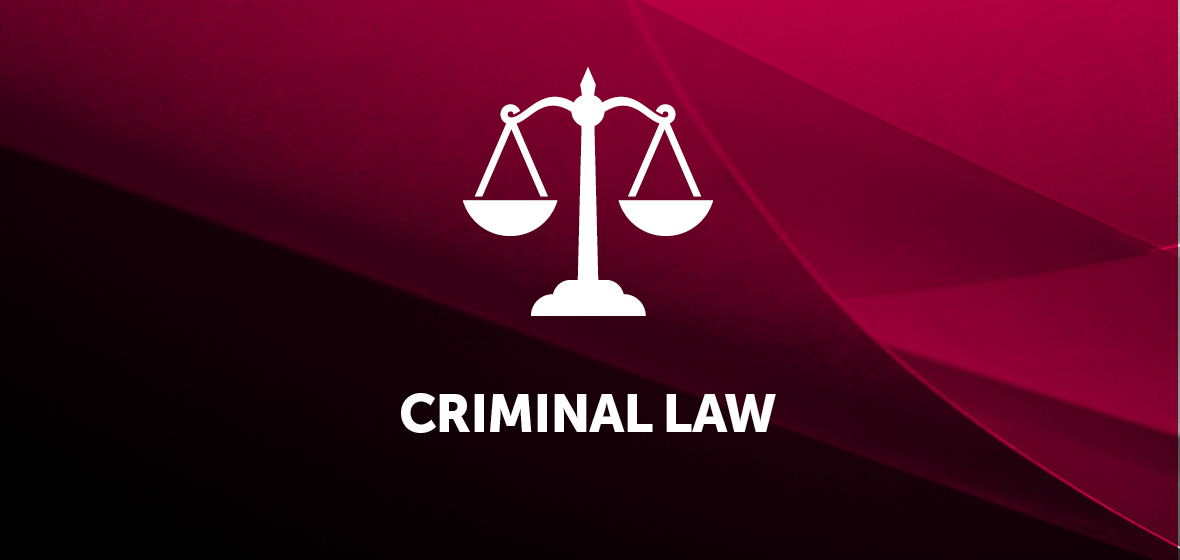Key decisions
- RC v R [2022] NSWCCA 281
- Kanbut v R [2022] NSWCCA 259
RC v R [2022] NSWCCA 281
Credibility evidence – unavailability of witnesses – sufficiency of staying silent for the purpose of credibility, or unavailability
In this decision, the Court of Criminal Appeal (‘CCA’) has examined whether a witness who is unresponsive or silent will give rise to the exceptions in the Evidence Act 1995 (Cth) (‘Evidence Act’) which would otherwise allow the tender of an earlier statement, either based on the credibility rule, or based on the ‘maker unavailable’ exception to hearsay. The Court held that silence will not, in all circumstances, be a sufficient basis to find that an earlier inconsistent statement should be admitted. The decision also highlights the need for all of the relevant parts of the inconsistent evidence to be put to the witness in order for the earlier evidence to be admissible.
Following a trial, the applicant was convicted of a range of sexual offences against two nephews and, importantly, a niece when they were aged between 5 and 15 years old. The niece gave a statement, but by the time of trial was a reluctant and difficult witness. She said, in the presence of the jury, that she wanted the charges dropped, broadly because her status as a complainant meant she had been estranged from her family for several years. Her evidence in Court was frustrated, argumentative and (importantly) largely unresponsive. The Crown Prosecutor proposed to tender her statement. The judge suggested s 106 of the Evidence Act as the means of doing that. Section 106 is an exception to the credibility rule which applies where the substance of inconsistent evidence is put to a witness in cross-examination and the witness denies, or does not admit or agree to, the substance of that evidence.


